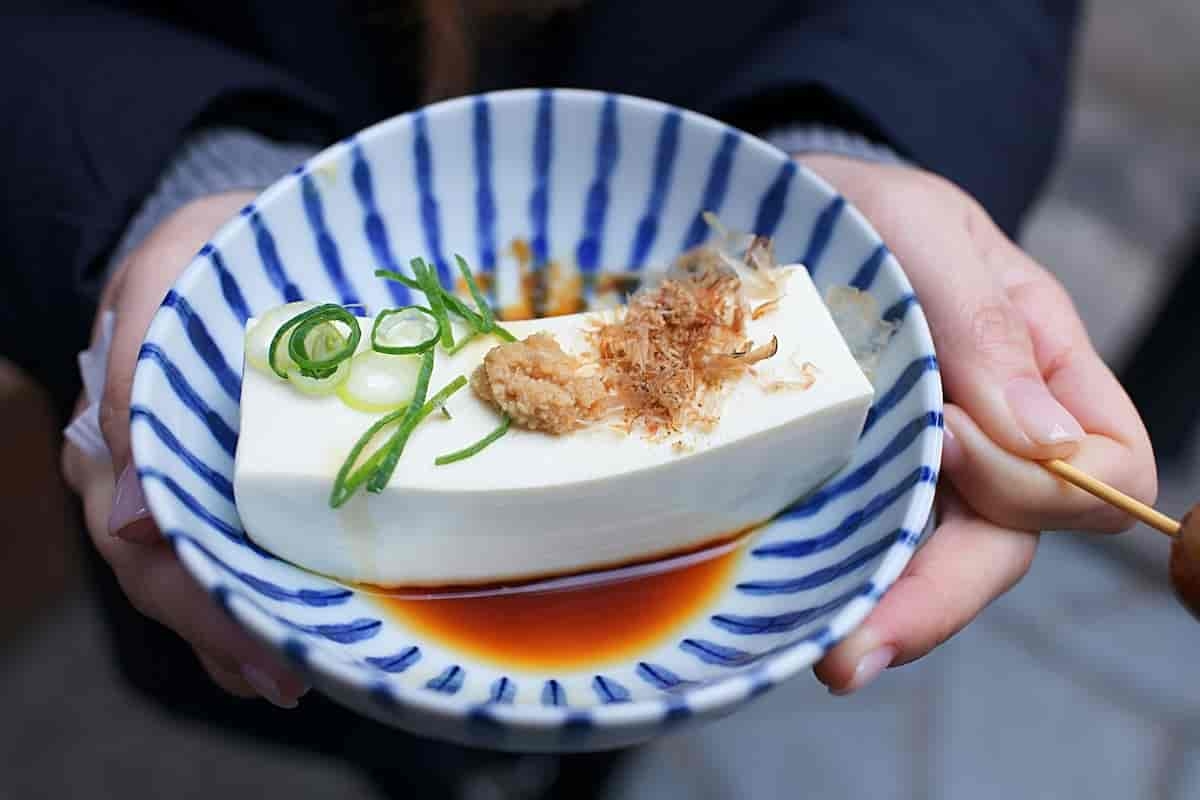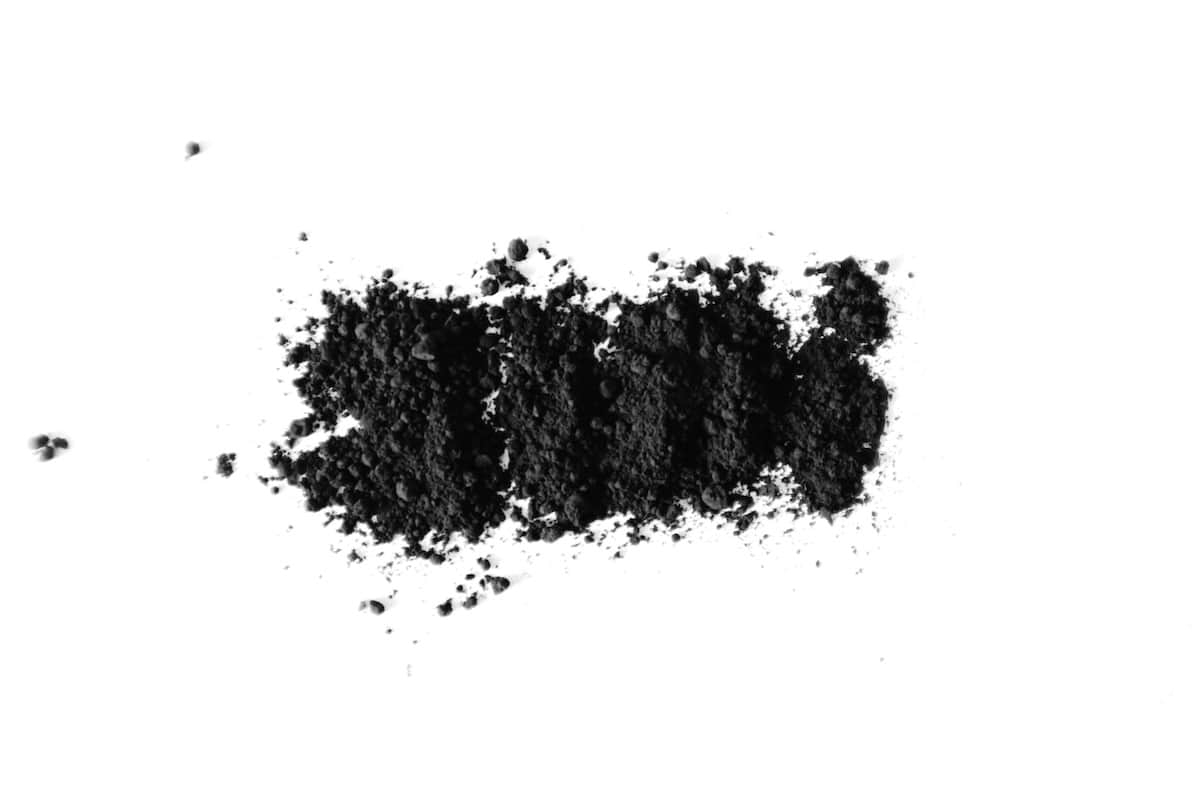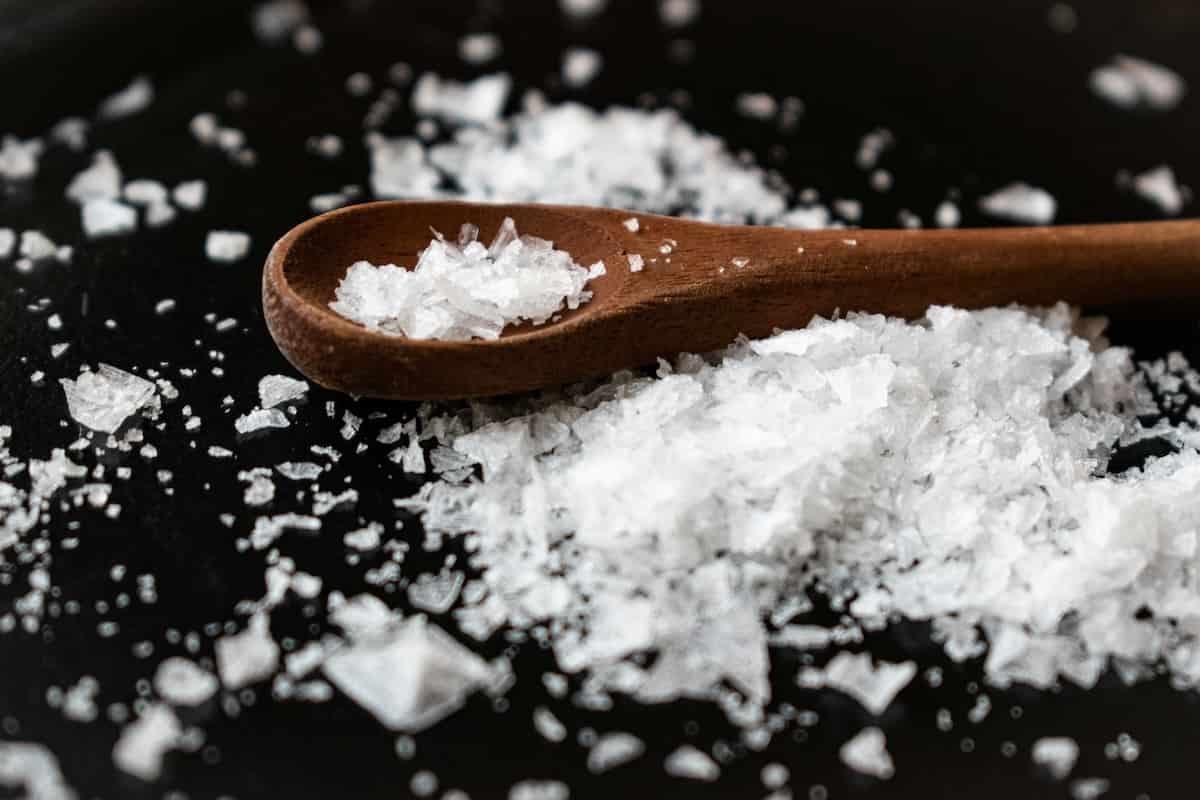Last update: October 22, 2025
5 minute read
What Is the 75 Hotter Challenge? And Should You Try TikTok’s Viral Fitness Trend?
The 75 Hotter Challenge is TikTok’s softer spin on 75 Hard. Learn the rules, benefits, risks, and expert tips to see if it’s right for you.

By Derick Rodriguez, Associate Editor
Edited by Yerain Abreu, M.S.
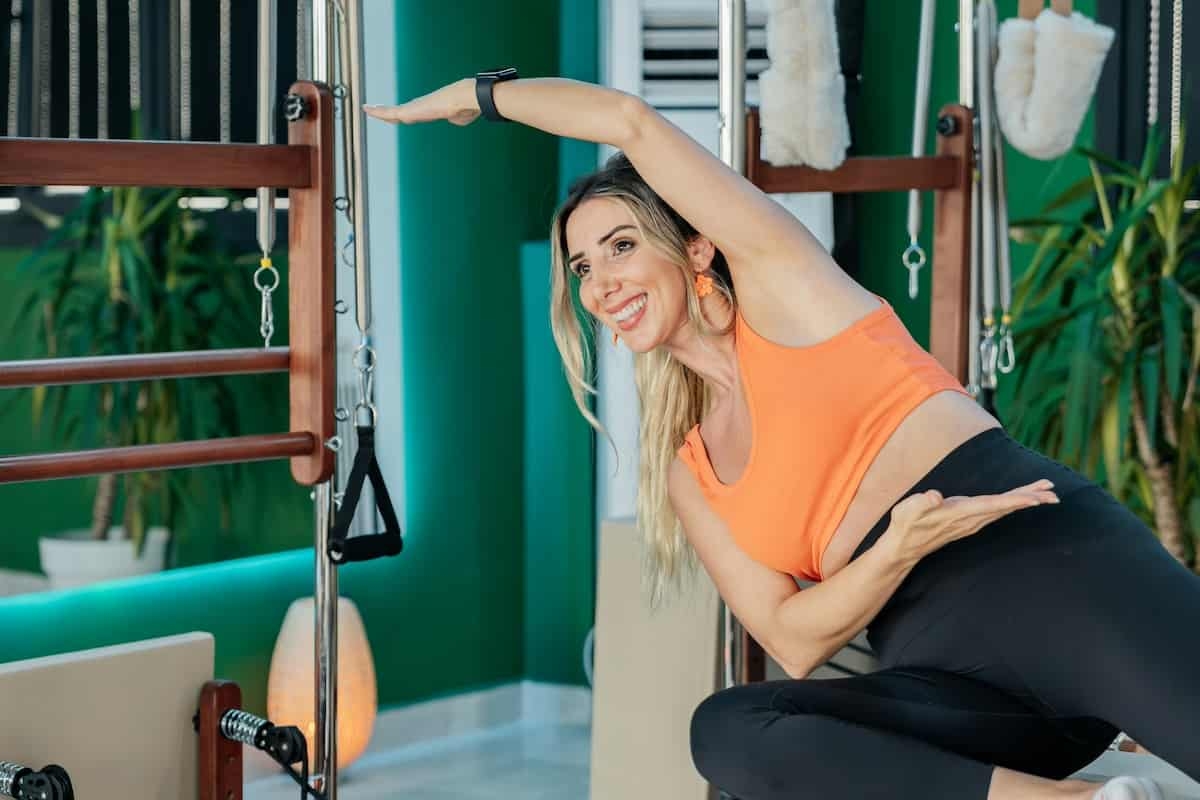
Have you seen the #75Hotter hashtag popping up on your TikTok feed lately? This trend promises a “glow-up” that’s as much about feeling great from the inside out as it is about Instagram-ready visuals. If you’re wondering how it differs from the notorious "75 Hard" or if it's worth trying, you're not alone.
With wellness trends flooding social media, it's easy to feel drawn in by transformation stories. But what actually works, and what might do more harm than good?
In this post, we’ll unpack exactly what the 75 Hotter Challenge is, how it compares to other wellness programs, explore its evidence-backed benefits, potential pitfalls, and offer practical advice if you're considering trying it.
Key takeaways
- 75 Hotter is a gentler, more holistic wellness challenge, focusing on mindset, nourishment, movement, and self-kindness
- Experts view 75 Hotter as a more accessible and balanced alternative for many people
- For safe participation: tailor requirements to your fitness level, focus on nutrient-dense meals, prioritize mental health, and stay flexible
What is the 75 Hotter challenge?
The 75 Hotter Challenge was created by TikTok content creator Jade Brandt as a softer response to the hyper-disciplined 75 Hard program. While 75 Hard demands military-style consistency, 75 Hotter encourages participants to focus on realistic wellness habits that nurture both body and mind.
Although there isn’t one official rulebook, most versions of the challenge include:
- Daily movement: Usually aiming for 10,000 steps or light/moderate exercise
- Nutrition focus: Prioritize protein and whole foods, without strict restriction
- Self-talk: Speak kindly to yourself, replacing negative thoughts with supportive ones
- Boundaries: Cut out toxic relationships and prioritize healthy connections
- Mindset: Focus on sustainable self-care rather than punishing regimens
75 Hotter is essentially a 75-day commitment to balanced living, blending physical health with emotional wellness.
75 Hotter vs. 75 Hard: Key differences
Category | 75 Hard | 75 Hotter |
|---|---|---|
Workouts | Two 45-min sessions daily (one outdoors, no rest days) | Flexible daily movement (steps, light workouts, yoga) |
Nutrition | Any strict diet, no alcohol, no cheat meals | Emphasizes whole foods, protein, balance, not restriction |
Mindset | “No excuses”; miss one task, start over | Self-compassion, flexibility, progress over perfection |
Focus | Mental toughness, discipline | Wellness, glow-up, confidence |
Risks | Unsustainable, rigid, risk of burnout | Gentler, but can still trigger perfectionism |
If 75 Hard is a test of willpower, 75 Hotter is more like a lifestyle reset with compassion built in.
What are the potential benefits of 75 Hotter?
While 75 Hotter hasn’t been studied scientifically, many of its core habits are well supported by research:
- Consistent movement (like walking) is linked to better cardiovascular health and reduced stress.
- Protein-rich meals support satiety, muscle health, and stable energy.
- Positive self-talk and self-compassion reduce anxiety and improve long-term adherence to healthy habits.
- Setting boundaries lowers chronic stress and promotes healthier relationships.
The habits behind 75 Hotter are grounded in evidence, making it potentially more sustainable than other viral challenges.
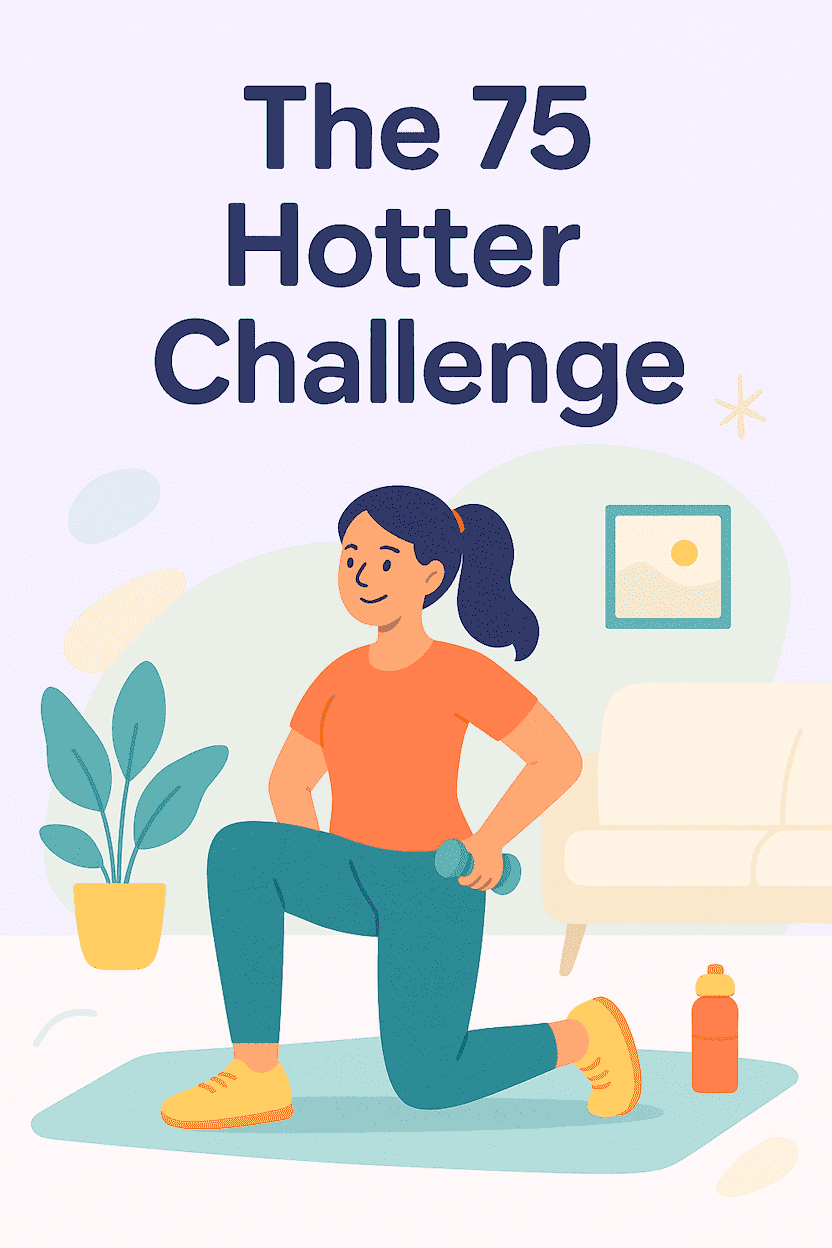
Are there any downsides or risks?
Despite its friendlier image, 75 Hotter is not without limitations:
- Still a challenge: Framing habits as a “75-day test” can create unnecessary pressure.
- Lack of specificity: There’s no detailed guidance on what workouts, meal plans, or mindset tools to use—leaving room for confusion.
- Perfectionism trap: Even with a softer tone, people prone to all-or-nothing thinking may feel guilt or shame if they “fall behind.”
- Not individualized: Someone training for a marathon, managing chronic illness, or balancing family responsibilities may need a completely different structure.
VitaRx Tip
The challenge is safer and more approachable than 75 Hard, but it’s not a one-size-fits-all solution.
What do experts say about 75 Hotter?
Experts tend to view 75 Hotter as a healthier spin on the viral challenge trend, but they still urge caution.
- Psychologists highlight that tying self-worth to a rigid streak of daily tasks can foster anxiety, comparison, or disordered eating behaviors.
- Fitness professionals suggest that while walking and gentle workouts are excellent, more guidance on rest, strength training, and progression would make it more effective.
- Nutrition experts appreciate the emphasis on protein and whole foods, but warn against “diet challenge” culture fueling unrealistic expectations.
Experts prefer flexible, evidence-based routines over viral challenges, but acknowledge 75 Hotter’s softer approach may make it safer than 75 Hard.
Health made easy: your go-to resource for essential vitamins and supplements

Is 75 Hotter right for you?
Ask yourself these questions before starting:
- Do I thrive with structured commitments, or do they make me anxious?
- Am I interested in building sustainable habits or just seeking a quick fix?
- Can I adapt the rules to fit my lifestyle rather than forcing myself into a box?
- Am I prepared to prioritize mental health and self-kindness as much as physical results?
If you answered “yes” to most of these, 75 Hotter might be a fun and motivating framework. But if rigid rules trigger guilt or stress, you may be better served by designing your own flexible routine.
Frequently asked questions (FAQ)
Here are some of the most frequently asked questions about the 75 Hotter challenge.
Final thoughts
The 75 Hotter Challenge is a gentler, more balanced response to the extremes of 75 Hard, making it appealing for those who want structure without punishment. Still, like any viral wellness plan, it comes with risks: lack of individualization, potential for guilt, and the pressure of social media comparison.
If you choose to try it, focus on adaptation over perfection. Let it inspire you to build realistic, enjoyable routines that you can carry far beyond 75 days.
Want to personalize your wellness path even more? Take our free health quiz to explore supplement and lifestyle options tailored to your unique needs.
Sources and references
Editor

Derick Rodriguez
Derick Rodriguez focuses on editing health and wellness-related content. With over half a decade of experience in the digital realm, Derick has developed a unique skill set that bridges the gap between complex health concepts and accessible, user-friendly communication. His approach is deeply rooted in leveraging personal experiences and insights to illuminate the nuances of health and wellness topics, making them more approachable and empowering readers with knowledge and confidence.
Editor

Yerain Abreu
Yerain Abreu is a content strategist with over seven years of experience. He earned a Master's degree in digital marketing from Zicklin School of Business. He focuses on medical and health-related content, working with top healthcare professionals to ensure content is engaging and reliable.
At VitaRx, we're not just passionate about our work — we take immense pride in it. Our dedicated team of writers diligently follows strict editorial standards, ensuring that every piece of content we publish is accurate, current, and highly valuable. We don't just strive for quality; we aim for excellence.
Related posts
While you're at it, here are some other relevant articles you might be interested in.

Get your personalized vitamin recommendations in less than
5 minutes.
Get your personalized vitamin recommendations in less than
5 minutes.




